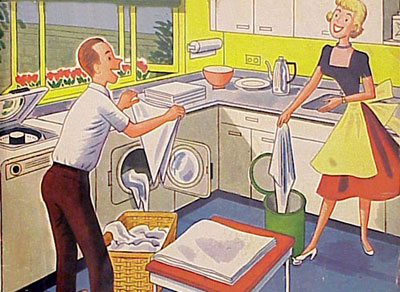The Importance Of Playtime And Learning
In a world where children are forced to grow up before their time, playtime is often disregarded and seen as less important than homework and extracurricular activities. As a direct result, the benefit of being able to freely play is often overlooked and dismissed which can have a negative impact of the development of a child.
Listed below are a few of the benefits gained from playtime.
Social Skills
Playtime with friends is perfect for a child to develop interpersonal skills and social awareness with others their age. This in turn helps to demonstrate and emphasize the importance of sharing and team work.
In addition to this, a child’s communication is vastly improved. Children need to be vocal as they interact with each other. For example, a simple game passing a ball will involve children asking for the ball to be passed to them or being complimented on a great catch. They are also put into a position where they need to solve their own problems and learn how to compromise.
Health
Active children are healthy children. Outdoor activities especially help children to move around and get some fresh air and exercise, without the pressure of winning or following rules. Remember how free you felt as you ran away from the person who was “it”?
Not only does playtime help physical health, it also encourages good mental health, as it reduces the likelihood of a child developing mental health disorders such as, anxiety and depression.
While being a child to an adult seems easy, children deal with their own daily stresses which can be significant to them. Playtime allows them to work through these problems and lose themselves in imagination.
Independence
Many children have strict timetables, involving school time, homework time, dinner time, bath time, etc. Playtime gives a child the opportunity to explore and make their own choices in a safe environment.
This also allows them to use their imaginations and gain skills which are essential for adult life. Unstructured play allows children to learn their likes and dislikes and encourages them to think for themselves.
As mentioned above, it also encourages them to resolve issues amongst themselves, rather than always relying on an adult to do it for them.
Sense of Enjoyment
A sense of enjoyment is a key part of playtime. As adults, we value doing activities we enjoy, such as reading, listening to music and socializing. Children also need an outlet away from a strict schedule.
While playtime looks like a child was taken away from learning, the opposite is in fact more true. Playtime is an extension of learning and actually teaches children the things that only come with life experience. Key skills are often gained and engaged during playtime.
Playtime is a way not only for a child to develop skills without realizing they are learning, but it is also fun, which increases a child’s overall happiness.
Parenting Magazine posts a yearly holiday shopping guide with the best gifts for kids. Many parents are on the lookout for gifts that are fun and encourage learning.
After polling both kids and parents, this item came out as a favorite among educational gifts. Read about by this gift by clicking here.






